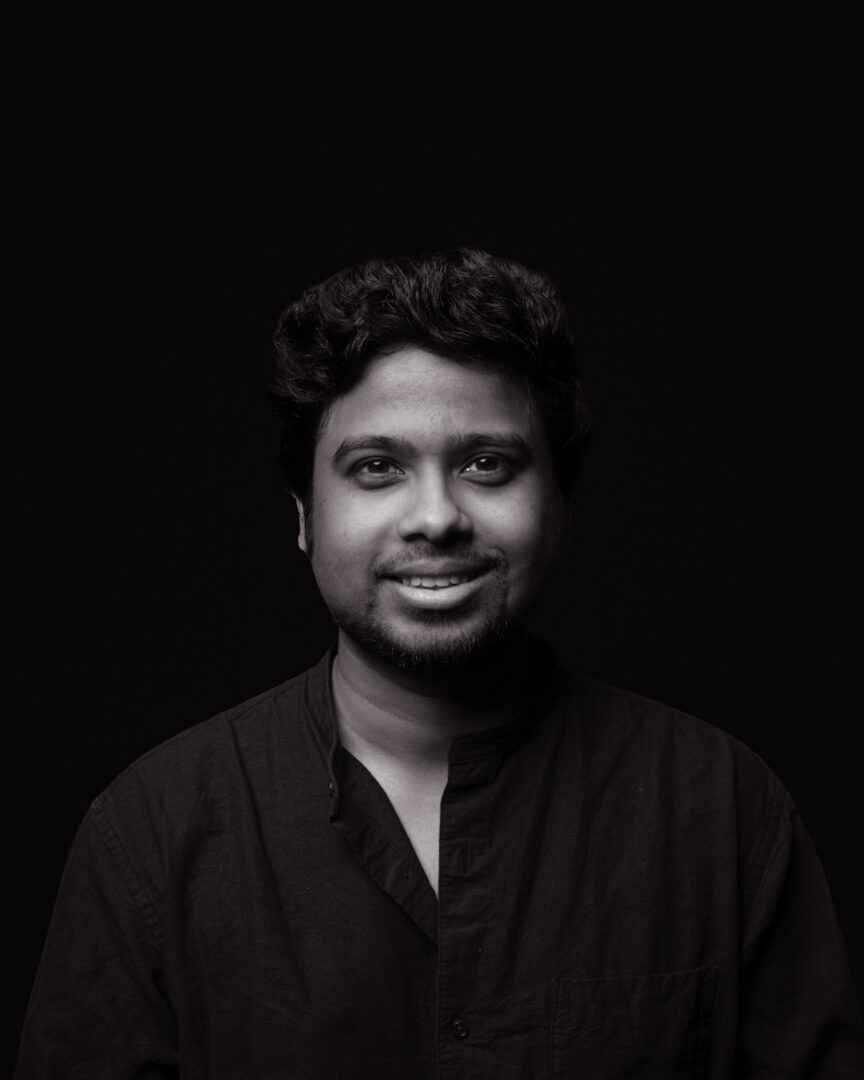We were lucky to catch up with Yash Patel recently and have shared our conversation below.
Hi Yash, thanks for sharing your insights with our community today. Part of your success, no doubt, is due to your work ethic and so we’d love if you could open up about where you got your work ethic from?
My work ethic is something I carry with deep gratitude shaped by my upbringing in Vadodara, a cultural and close-knit town in India, and guided by the values passed down to me by my gurus and my mother, who was a lifelong schoolteacher. From a young age, I was taught that discipline, time management, and respect are not optional they’re part of how you show up for others. My mother didn’t just teach science and math; she taught me life. She would often say, “Before the universe gives you anything, you must make yourself capable and give back to your society. Never forget your roots. Stay grounded. Learn, grow, and spread knowledge.” That became my compass. That mindset stayed with me through every phase of my career. Whether it was responding to critical incidents at scale, modernizing high-risk infrastructure, or leading teams through security transformations I always approached the work with discipline, consistency, and a sense of service.
At Microsoft, I’ve led efforts that shut down thousands of unused cloud resources, migrated legacy systems to secure-by-design platforms, and enforced zero-trust access across services all while maintaining uptime, reducing risk, and scaling engineering practices. These weren’t glamorous tasks, but they mattered. And they required the kind of ethic that doesn’t depend on recognition just on knowing it’s the right thing to do. Outside of work, I mentor students, host cybersecurity sessions for kids, and serve as an advisor in academic circles because giving back isn’t a nice-to-have. It’s part of the ethic I was raised with. So when people ask where I get my work ethic from, I think of Vadodara. I think of my mother, chalk in hand, teaching lessons that went far beyond the classroom. And I try to live by what she taught me: Earn your place through capability, serve with humility, and never stop learning.
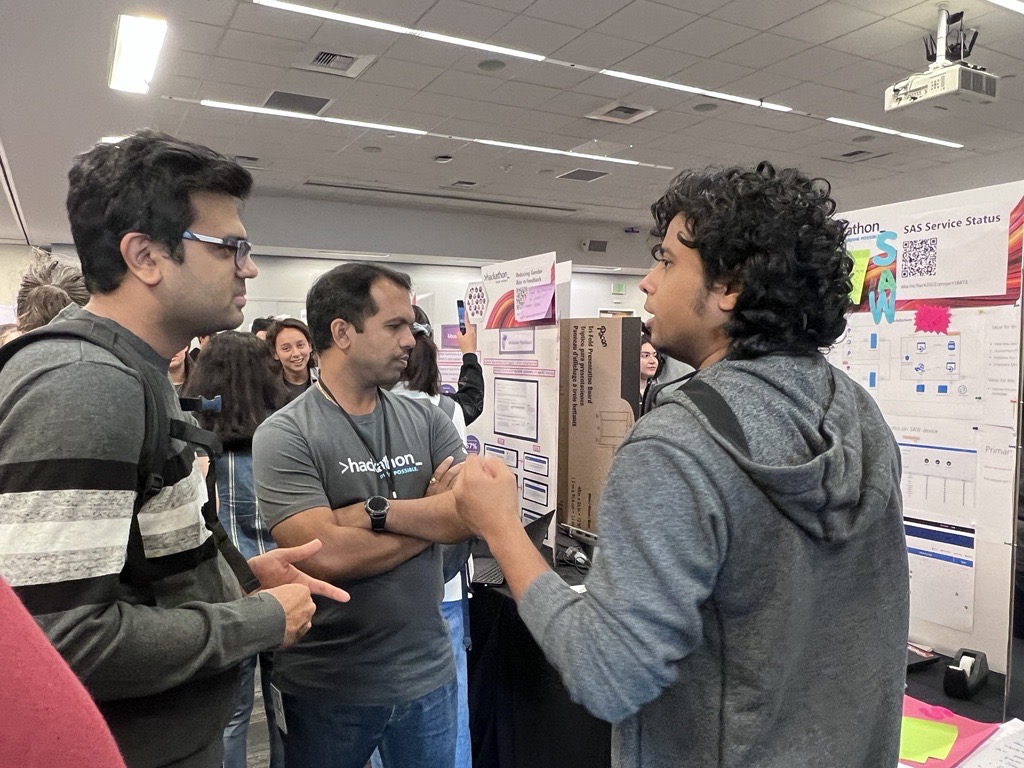
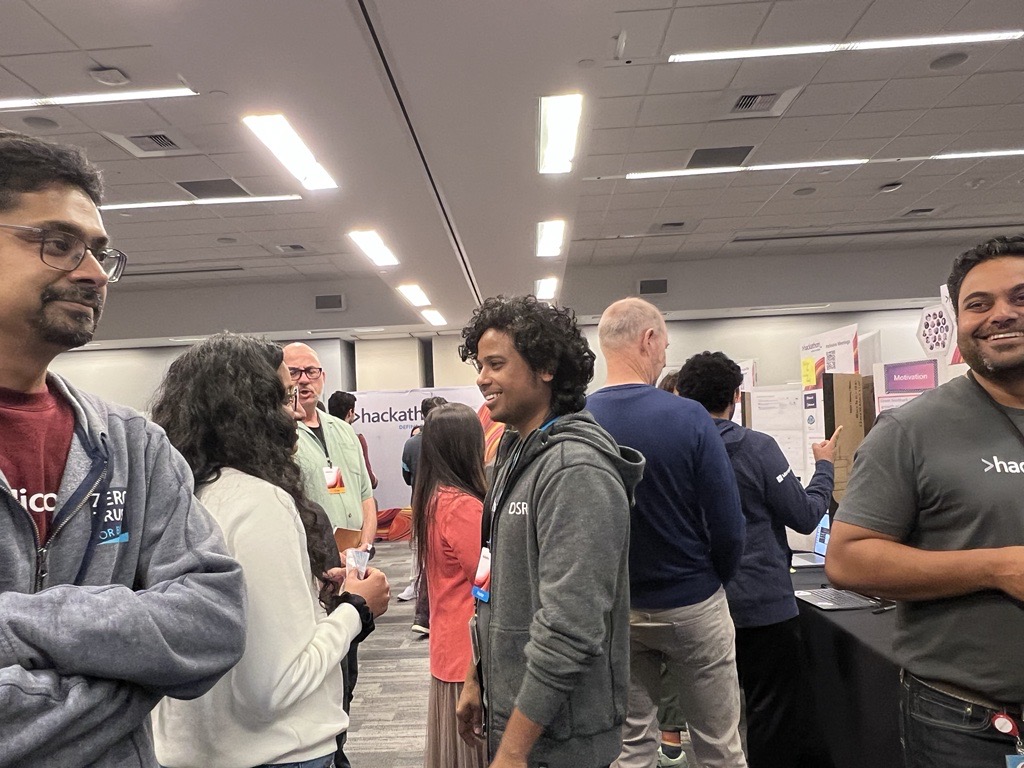
Appreciate the insights and wisdom. Before we dig deeper and ask you about the skills that matter and more, maybe you can tell our readers about yourself?
Hi, I’m Yash Patel a security engineer by profession, but more than that, someone who believes in protecting what matters and sharing what I’ve learned along the way. Right now, I work at Microsoft , where I lead critical cybersecurity efforts across high-risk infrastructure and security operations. It’s the kind of work that doesn’t always make headlines like deprecating hundreds of old cloud resources, eliminating static secrets, or moving sensitive systems to just-in-time, zero-trust access. But that’s exactly what makes it powerful. Because every one of those changes makes the system stronger, the blast radius smaller, and the people using it safer.
What drives me isn’t just the code or the architecture but it’s the impact. It’s knowing that something I helped secure today might prevent a breach tomorrow. That a legacy system we modernized now serves millions, quietly and securely. That we’re not just fixing problems, we’re building a culture of responsibility. But my work doesn’t stop at Microsoft’s walls. I’m incredibly passionate about spreading security awareness, especially to communities that are often overlooked. Over the years, I’ve partnered with nonprofits like CyberNGO.ORG and Mentors Without Borders , mentoring students and professionals from all backgrounds. I’ve given guest lectures across universities and technical colleges, always trying to make security less intimidating and more human. One of the most memorable things I’ve done? Helping organize a cybersecurity workshop for kids. Over 200 young learners joined and I still remember the spark in their eyes when they realized they could actually protect things, build things, and solve real problems. That’s when it hit me: we’re not just securing systems we’re shaping future defenders.
So what am I focused on now? Professionally, I’m continuing to drive secure-by-default engineering at scale pushing for stronger baselines, better identity controls, and cleaner pipelines. Personally, I’m investing even more into education, mentorship, and giving back. Because security should never be a gated community it should be a shared language. If there’s one thing I’d want readers to take away, it’s this: “You don’t need to be perfect to protect something. You just need to care enough to start.”
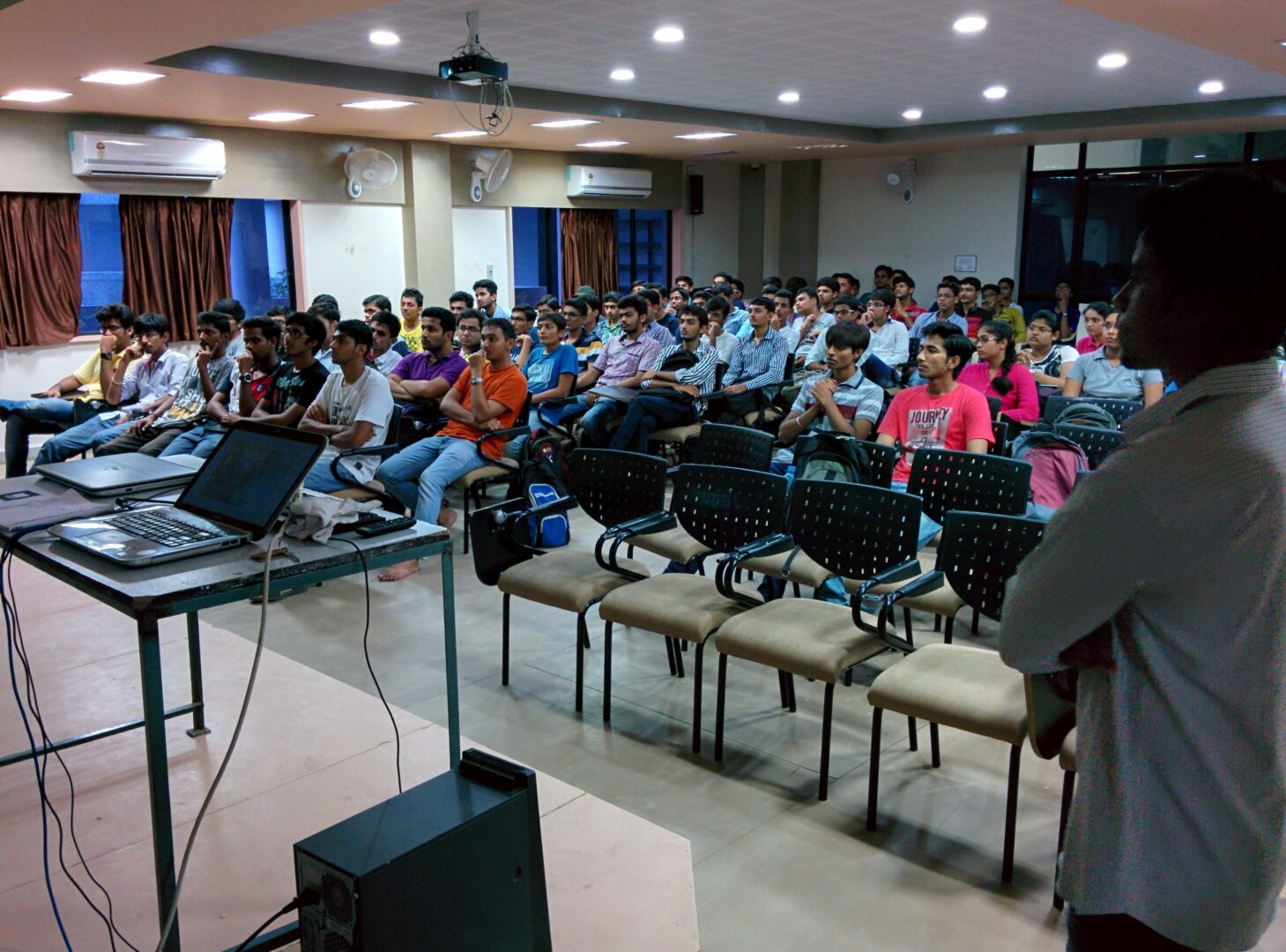
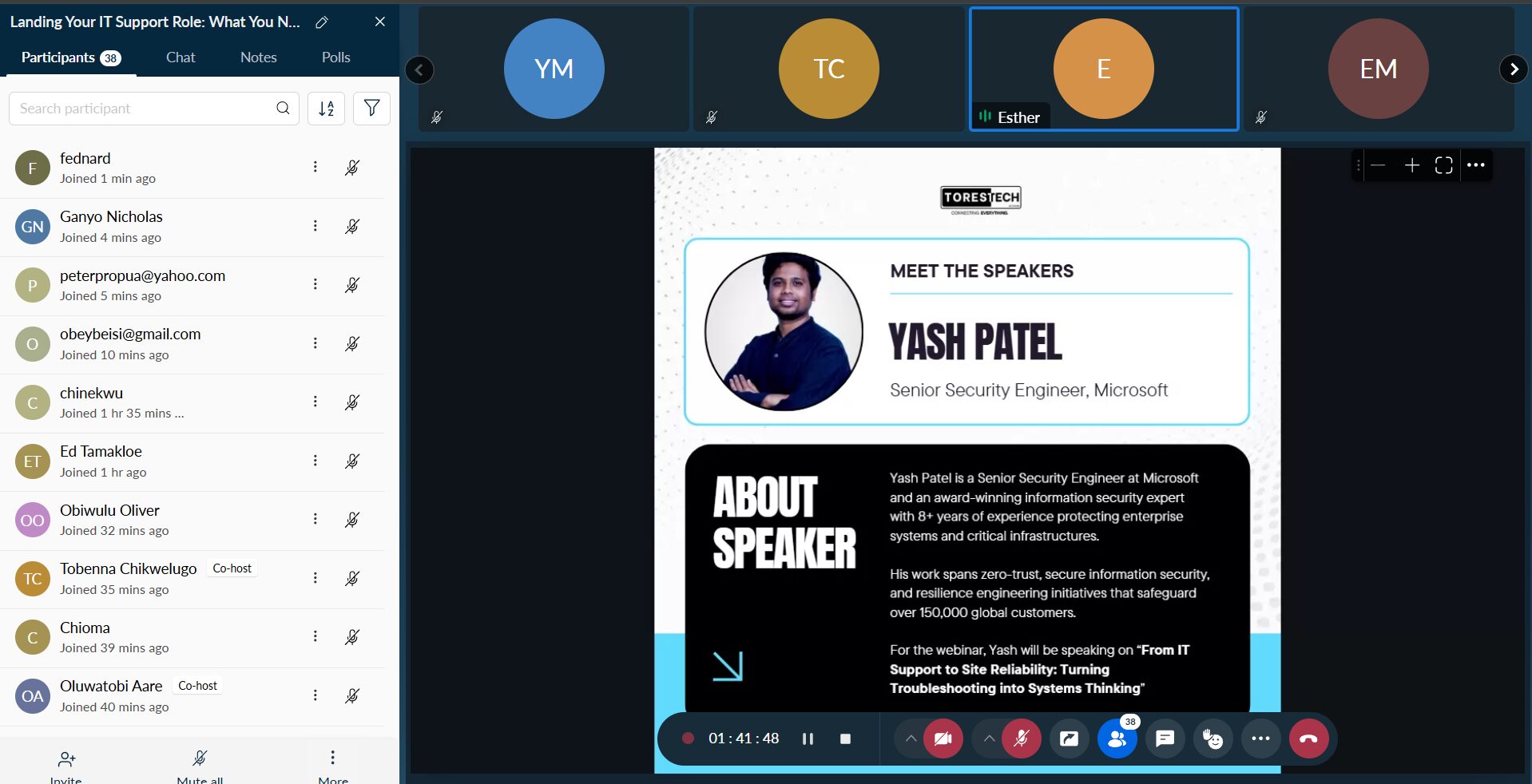
There is so much advice out there about all the different skills and qualities folks need to develop in order to succeed in today’s highly competitive environment and often it can feel overwhelming. So, if we had to break it down to just the three that matter most, which three skills or qualities would you focus on?
Consistency over intensity: It wasn’t the big, breakthrough moments that shaped me it was the ability to show up every single day and do the work, even when no one was watching. I learned this deeply during my PhD journey, where consistency was everything. Pursuing a doctorate in cybersecurity meant reading and critically analyzing thousands of research papers, understanding competing perspectives, and synthesizing insights across disciplines. It demanded time management, deep focus, and long stretches of silent effort all without immediate gratification. But over time, that steady rhythm built both confidence and clarity. That same mindset translated into my engineering work whether I was retiring hundreds of legacy resources, hardening production pipelines, or leading identity modernization efforts, it was never one heroic sprint. It was reliable progress, over time, with care.
Systems thinking: Early on, I thought security was mostly about patching vulnerabilities. Later, I realized it’s about understanding the whole system how people, processes, infrastructure, and decisions connect. That systems lens helped me lead secure-by-design transformations at scale: retiring thousands of cloud resources, enforcing zero-trust access, and embedding monitoring and auditability into critical environments.
Giving without expecting: Some of the most fulfilling parts of my journey have come through giving back whether it’s mentoring students through CyberNGO.ORG and Mentors Without Borders, running guest lectures at universities, or organizing security workshops for young learners. I’ve learned that teaching others sharpens your own understanding and keeps you grounded.
If you’re early in your journey, remember: You don’t have to be the smartest in the room just the most consistent, the most curious, and the most willing to give. That’s what builds real, lasting impact.
My Advice:
– Don’t rely on bursts of motivation. Build daily habits. Read something technical every day. Reflect. Write. Study incident reports. You’ll be amazed how much you can grow by simply staying consistent.
– Don’t stop at surface-level fixes. Ask why the issue happened, and what else it connects to. Think holistically. It’s the difference between treating symptoms and designing a healthier system.
– Start sharing what you know, even if it’s just the basics. Lead a session, help a peer, contribute to a nonprofit. Security is a community effort, and when you lift others, you grow too.
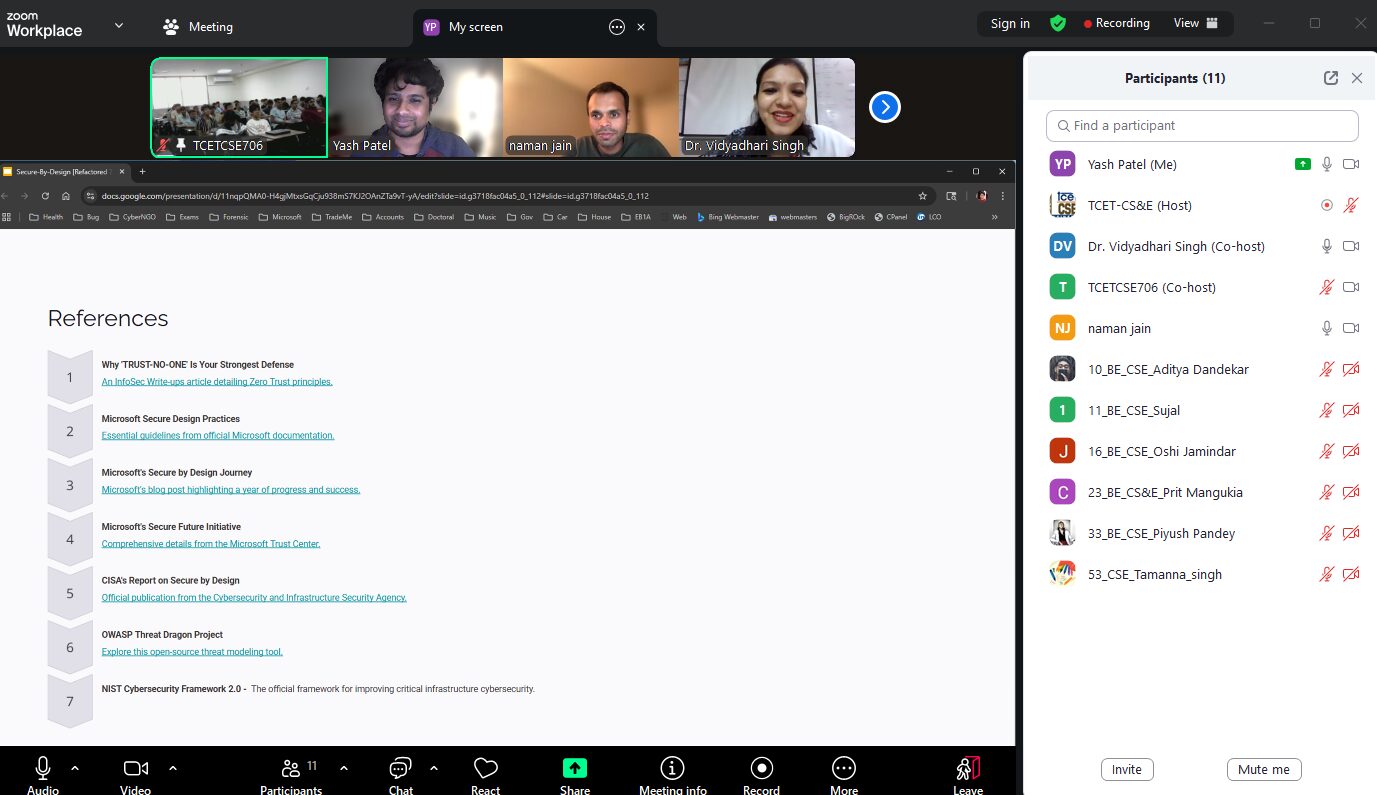
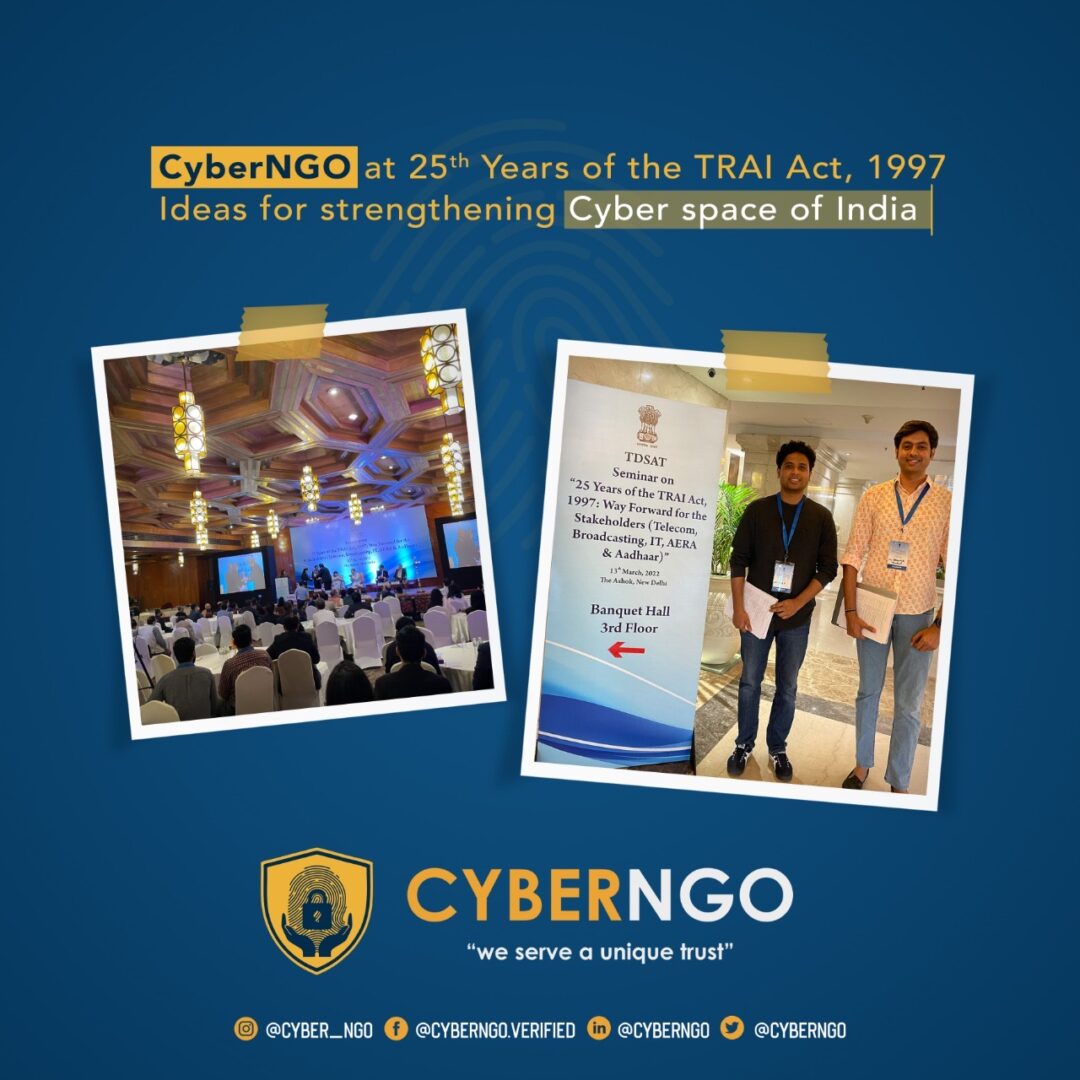
What do you do when you feel overwhelmed? Any advice or strategies?
When I feel overwhelmed and it happens to all of us I lean into three simple but powerful strategies that have helped me through everything from security escalations to research bottlenecks.
Talk to a mentor (but not for the answers): The first thing I do is reach out to my mentors. Not because I expect them to give me a solution but because talking helps surface the right questions. When you speak things out loud with someone you trust, it’s like laying all the puzzle pieces on the table. Suddenly, what felt like chaos becomes something you can organize. It’s not about getting fixed it’s about getting perspective. And sometimes, that’s all you need to move forward.
Write it down (even if it’s messy): When my mind feels cluttered, I write. Not polished notes just raw thoughts. Because overthinking usually traps you in circles. But once your thoughts are on paper (or a screen), you start to see patterns, clarity, and even options you didn’t know were there. This habit helped me a lot during my PhD, especially when I had to synthesize complex research across thousands of papers. Writing wasn’t just communication it was problem-solving.
Know when to pause (and when to walk away): One of the most important things I’ve learned: take breaks, and take them seriously. Burnout doesn’t make you better. It makes you brittle. Whether it’s a five-minute step away from the desk or a weekend offline to reset, I’ve learned to listen to myself. And sometimes, it’s not just about a break. It’s about knowing when something no longer serves you and having the courage to walk away. Exit isn’t failure. It’s clarity.
Yes, when you feel stuck, overwhelmed, or unsure well don’t push harder. Step back, breathe, and rebuild your clarity like LEGO pieces, one at a time.
Contact Info:
- Instagram: https://www.instagram.com/theroamingyash/
- Facebook: https://www.facebook.com/theroamingyash/
- Linkedin: https://www.linkedin.com/in/yash–patel
- Twitter: https://x.com/theroamingyash/
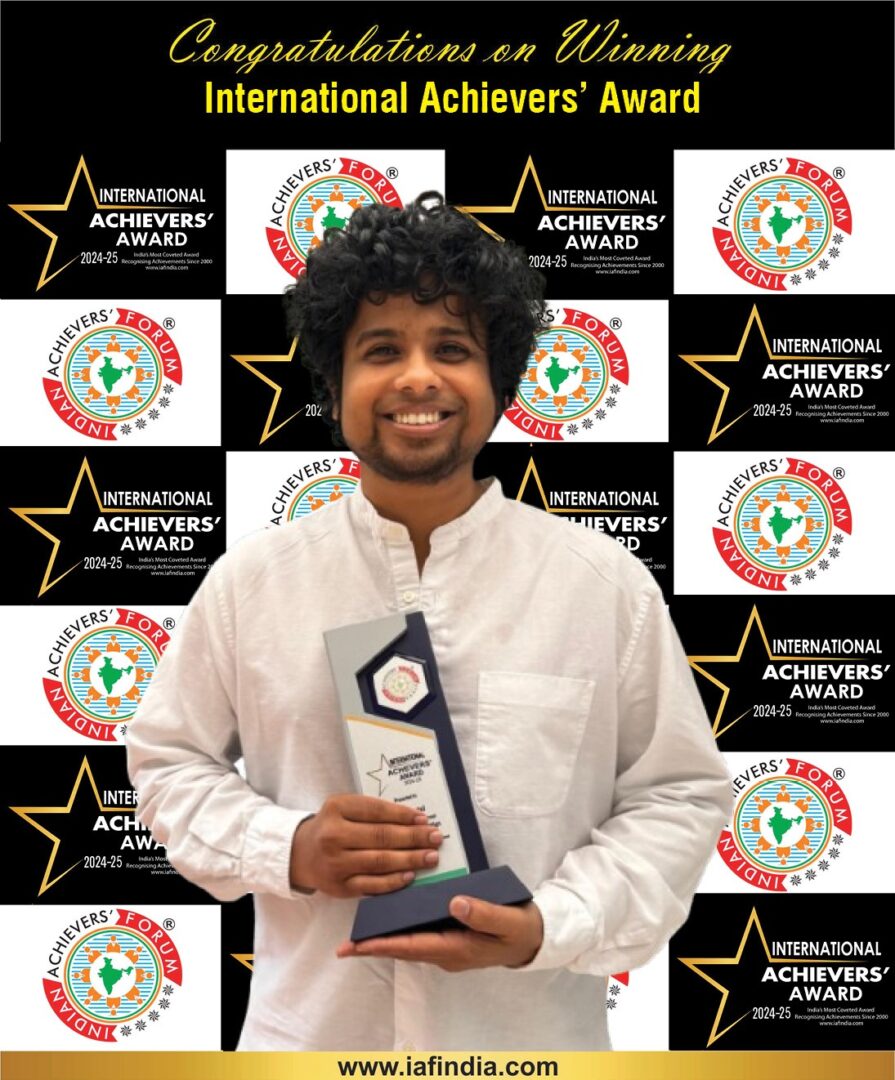
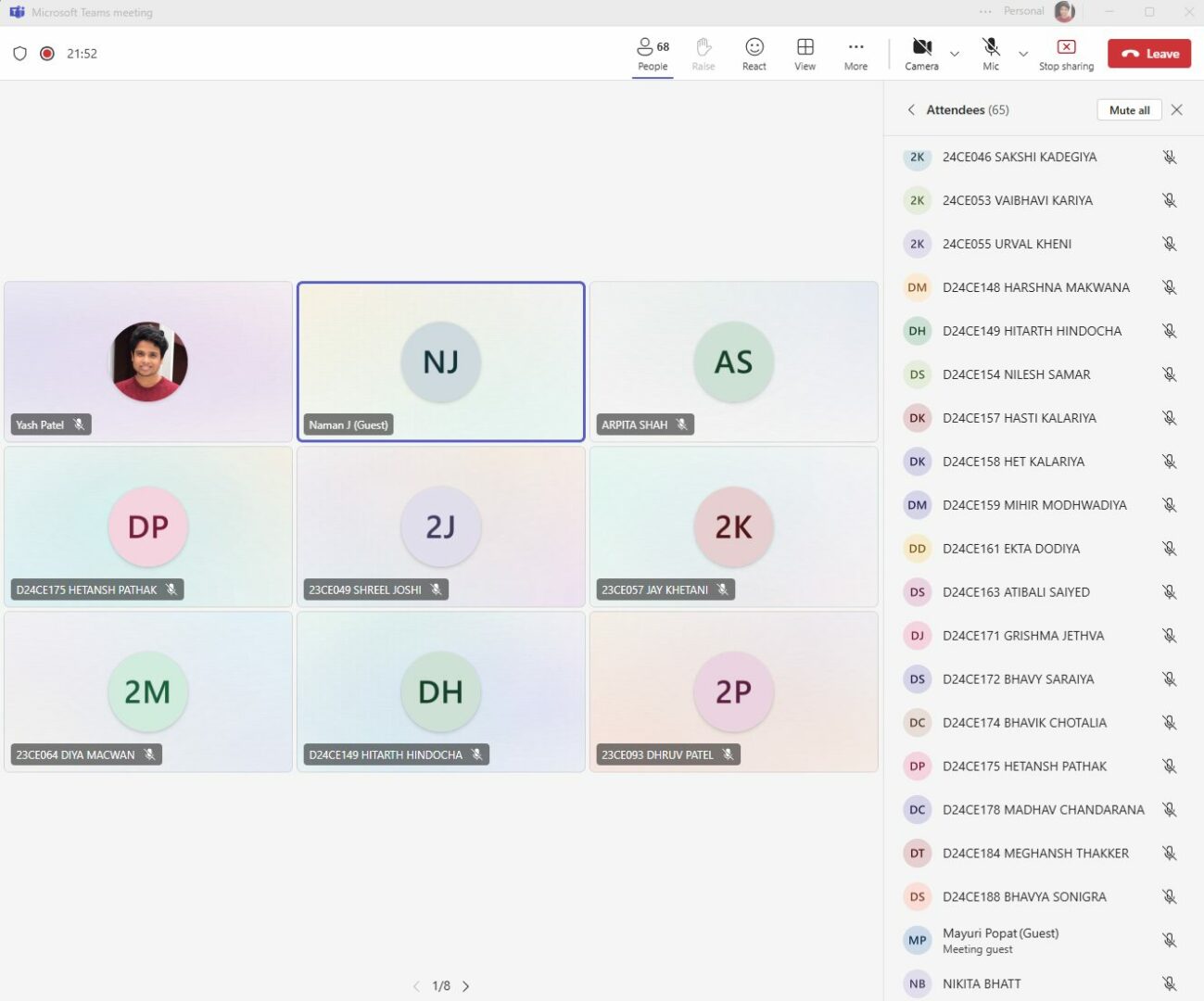
so if you or someone you know deserves recognition please let us know here.

